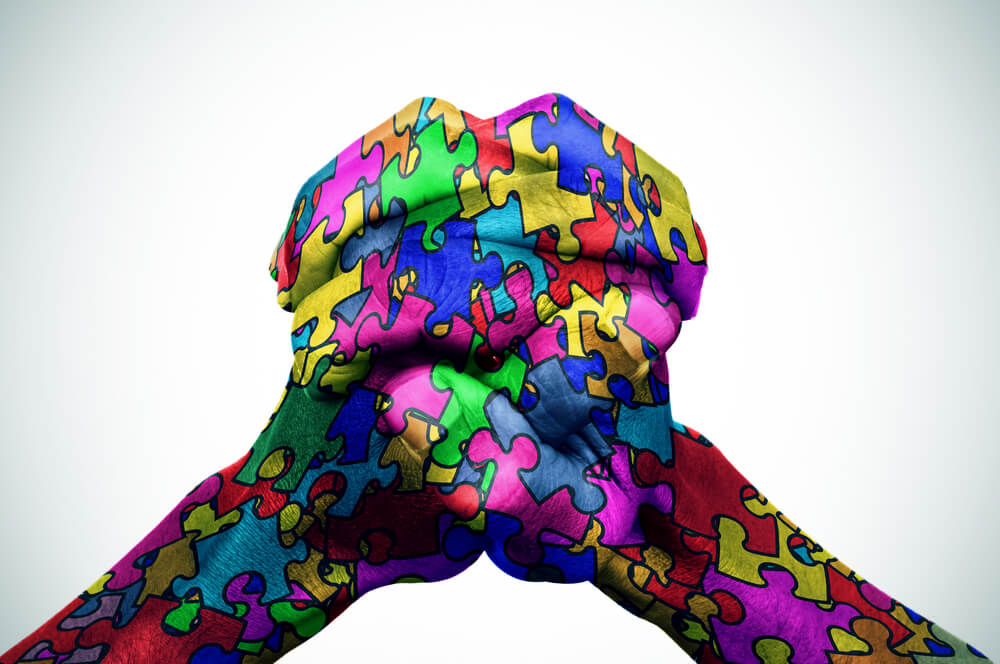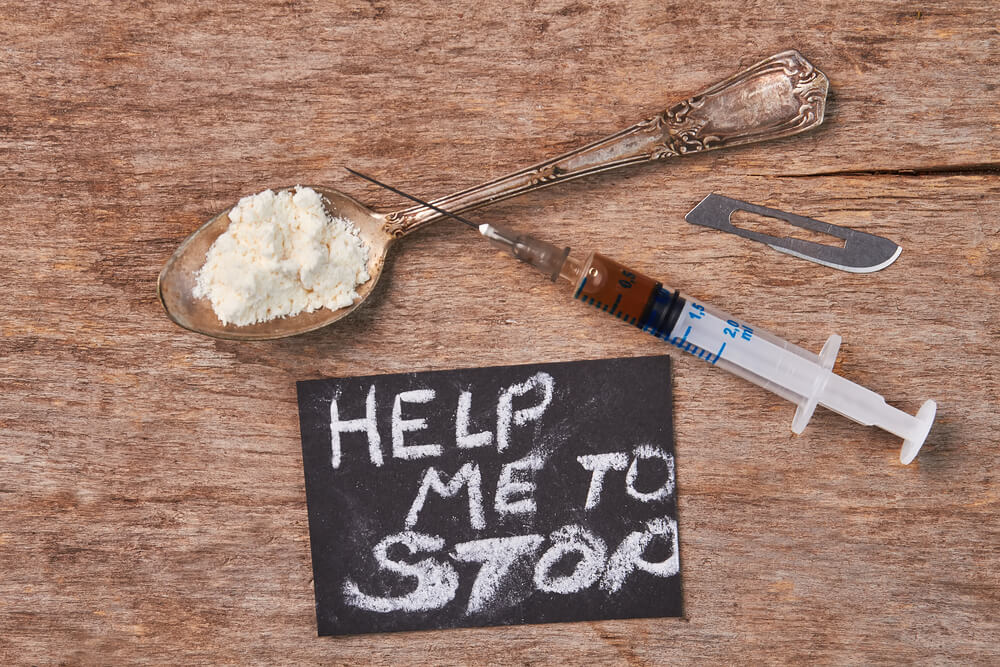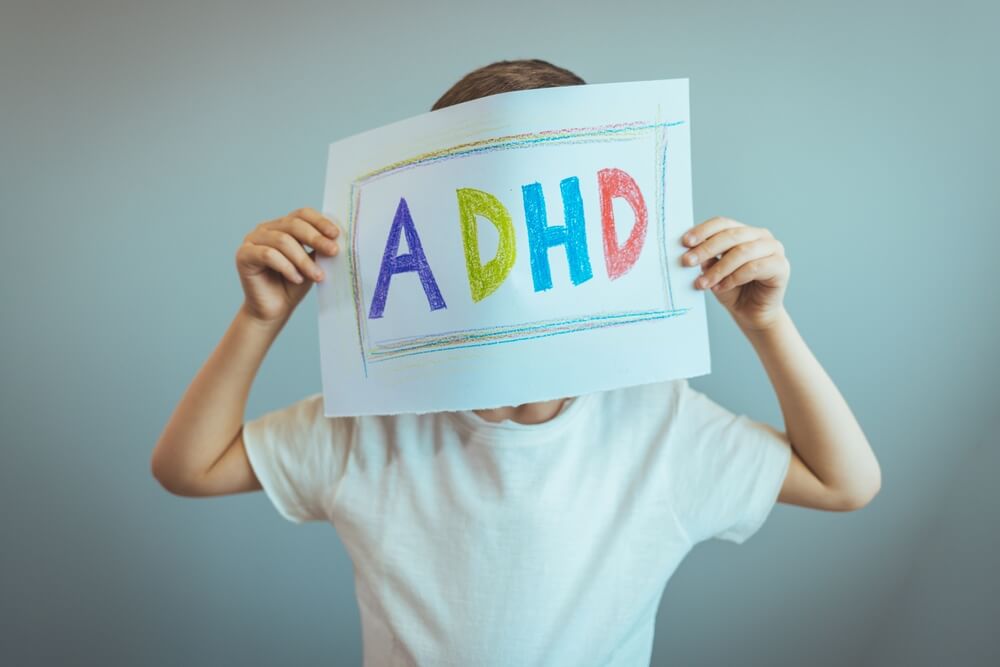

Understanding is the key to beginning mental health treatments. Your initial psychiatric evaluation is the main element and the foundation for your effective treatment. With proper assessment, you and your provider both benefited. It gives a comprehensive picture of your mental health needs to your psychiatrist. You can imagine the consequences and waste of time if the initial psychiatric evaluation is not done correctly.
Initial psychiatric evaluation is the main step, whether you are seeking help for the first time or transitioning to a new provider. So, it is important to understand what happens during this crucial first appointment.
Learning about the details of the initial psychiatric evaluation before your appointment can ease your anxiety. It will help you get the most from your care!
Your initial psychiatric evaluation or psychiatric assessment is a detailed, collaborative assessment with your provider. Generally, a psychiatrist conducts it. Your basic history and details of your mental health status are extremely useful to establish an accurate diagnosis. So this evaluation is the main key that helps psychiatrists develop your personalized treatment plan.
Unlike a brief medical appointment, an initial psychiatric evaluation is a comprehensive session. It allows sufficient time for your psychiatrist to thoroughly explore your experiences, symptoms.
A 2022 report indicates that yearly, 23.1% of adults in the United States experience AMI (Any Mental Illness) and SMI (Serious Mental Illness). Yet many delay seeking help. One of the reasons for the delays is possibly uncertainty about the psychiatric evaluation process.
It is a fact that your detailed and accurate initial psychiatric assessment significantly improves treatment outcomes. According to the APA (American Psychiatric Association), a comprehensive evaluation reduces the chances of misdiagnosis.
| Aspect | Details |
| Duration | 60-90 minutes for initial evaluation |
| Format | In-person, telehealth, or hybrid options are available |
| Confidentiality | Protected by HIPAA; strict privacy standards maintained |
| What to Bring | Insurance card, Driver’s license, ID, medication list, and previous medical records |
| Cost | Varies by insurance; typically covered by most mental health benefits |
| Follow-Up | Usually scheduled within 2-4 weeks after initial evaluation |
| Preparation Time | 15-30 minutes to gather documents and prepare questions |
A psychiatrist will gather detailed information through several key areas:
Mental health conditions are often linked to hereditary components. Stanford Medicine’s report states that individuals with a blood relation suffered depression are approximately two to three times more likely to develop depression themselves.
Your psychiatrist will ask about:
Mental and physical health are very closely linked to each other. Your evaluation will include:
Research consistently demonstrates that strong social connections and stable living conditions positively influence mental health outcomes and treatment success.
Your psychiatrist will inquire about:
These evaluations are never meant to harm you. It is all about judgments, about your safety and effective care. Approximately 9.2 million adults in the United States have co-occurring mental health and substance use disorders, according to the Substance Abuse and Mental Health Services Administration.
Therefore, you should ALWAYS be true with your psychiatrist in your initial psychiatric evaluation. Because, understanding your substance use patterns helps your psychiatrist avoid potentially dangerous medication interactions and address each and every aspect of your well-being.
An expert psychiatrist examines your mental status naturally throughout the conversation. Your psychiatrist observes and evaluates:
Your safety is paramount.. Your psychiatrist will assess your:
These questions are standard practice in your psychiatric evaluations. They help ensure you receive appropriate support. If immediate safety concerns are identified, your psychiatrist will work with you to develop a safety plan. They will also connect you with the necessary resources.

It varies person to person. But usually, an initial psychiatric evaluation typically takes 60 to 90 minutes. This extended timeframe allows for:
Some evaluations may take longer if the situation is particularly complex or if multiple conditions need to be assessed.
→ Come prepared with your required documents, ID, Driver’s license, Insurance Card, and Payment sources.
→ Bring your complete medical history, including current prescription, and any previous psychiatric records.
→ Recent laboratory results, if available.
→ Keeping a record of names and contact information for other treating providers is also a good practice.
→ Bringing a written list of your symptoms, confusions, and questions will be very helpful for you to utilize your appointment to the full extent.
You do not need to worry about it. Just be clear. Recall everything that you might think is necessary to share with your provider, which can help you get the best treatment.

Feeling nervous before a psychiatric evaluation is completely normal. Many people worry about being judged, labeled, or not taken seriously…
Rest assured that psychiatric evaluations are confidential. They are non-judgmental spaces designed to understand and support you.
You won't be expected to have all the answers. Some questions might feel difficult or unclear, and that is completely okay!
Your psychiatrist is trained to help you explore and articulate your experiences. No matter if your experiences are hard to describe.
This evaluation is the beginning of a therapeutic partnership. The information you share allows for accurate diagnosis and effective treatment. It is your first step to help you move toward your improved well-being and better quality of life.
Following your evaluation, your psychiatrist will discuss shareable information with you:
→ Preliminary Findings, such as clinical observations, potential diagnoses
→ You will be explained how your symptoms align with diagnostic criteria.
→ Treatment Recommendations: Your personalized treatment plan may include:
Evidence-based treatment significantly improves outcomes. Research shows that approximately 80% of people who receive treatment for depression show improvement. Early intervention generally leads to better long-term outcomes.
At Health & Psychiatry, expert mental health care in Florida, Dr. Sajan Dinar provides comprehensive psychiatric evaluations in a supportive, professional environment. We also offer tele-psychiatry services to give you quality mental health care across the United States.
With expertise in diagnostic assessment and treatment planning, Dr. Dinar is committed to fully evaluating and understanding your unique experiences and developing personalized care strategies that support your mental health goals.
Your path to wellness starts with understanding. It starts with an initial psychiatric evaluation, and we are here to walk that path with you!



Copyright © 2024 Health & Psychiatry, All rights reserved